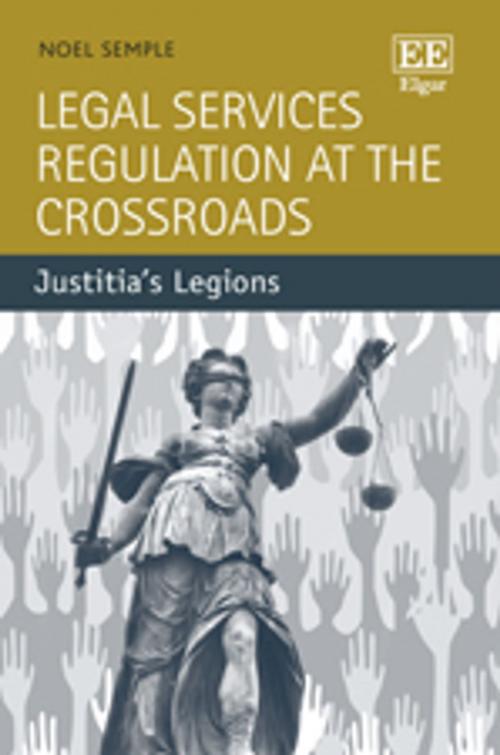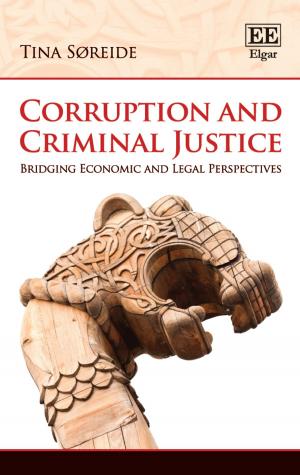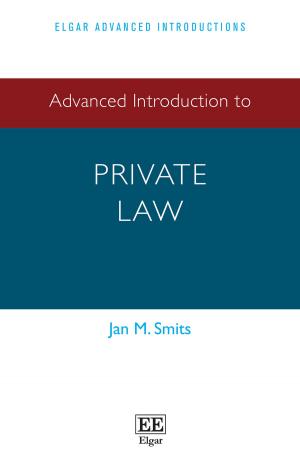Legal Services Regulation at the Crossroads
Justitia’s Legions
Nonfiction, Reference & Language, Law, Legal Profession| Author: | Noel Semple | ISBN: | 9781784711665 |
| Publisher: | Edward Elgar Publishing | Publication: | December 15, 2009 |
| Imprint: | EE | Language: | English |
| Author: | Noel Semple |
| ISBN: | 9781784711665 |
| Publisher: | Edward Elgar Publishing |
| Publication: | December 15, 2009 |
| Imprint: | EE |
| Language: | English |
Who should be allowed to provide legal services to others? What characteristics must these services possess? Through a comparative study of English-speaking jurisdictions, this book illuminates the policy choices involved in legal services regulation and the important consequences of these choices.Regulation can protect the interests of clients and the public, and reinforce the rule of law. On the other hand, it can undermine access to justice and suppress innovation, whilst failing to accomplish its lofty ambitions. In this book, Noel Semple offers a pathway towards increasing regulation’s benefits and reducing its burdens. A client-centric approach to legal services regulation can enhance access to justice and service quality, while revitalizing legal professionalism, self-regulation, and independence.This book is both a comparative study of legal services regulation in the common law world, and an agenda for regulatory reform. Legal Services Regulation at the Crossroads will benefit legal scholars with an interest in access to justice, professional responsibility and legal ethics. Practitioners in legal services regulation will find the comprehensive agenda for reform a pragmatic point of reference.
Who should be allowed to provide legal services to others? What characteristics must these services possess? Through a comparative study of English-speaking jurisdictions, this book illuminates the policy choices involved in legal services regulation and the important consequences of these choices.Regulation can protect the interests of clients and the public, and reinforce the rule of law. On the other hand, it can undermine access to justice and suppress innovation, whilst failing to accomplish its lofty ambitions. In this book, Noel Semple offers a pathway towards increasing regulation’s benefits and reducing its burdens. A client-centric approach to legal services regulation can enhance access to justice and service quality, while revitalizing legal professionalism, self-regulation, and independence.This book is both a comparative study of legal services regulation in the common law world, and an agenda for regulatory reform. Legal Services Regulation at the Crossroads will benefit legal scholars with an interest in access to justice, professional responsibility and legal ethics. Practitioners in legal services regulation will find the comprehensive agenda for reform a pragmatic point of reference.















